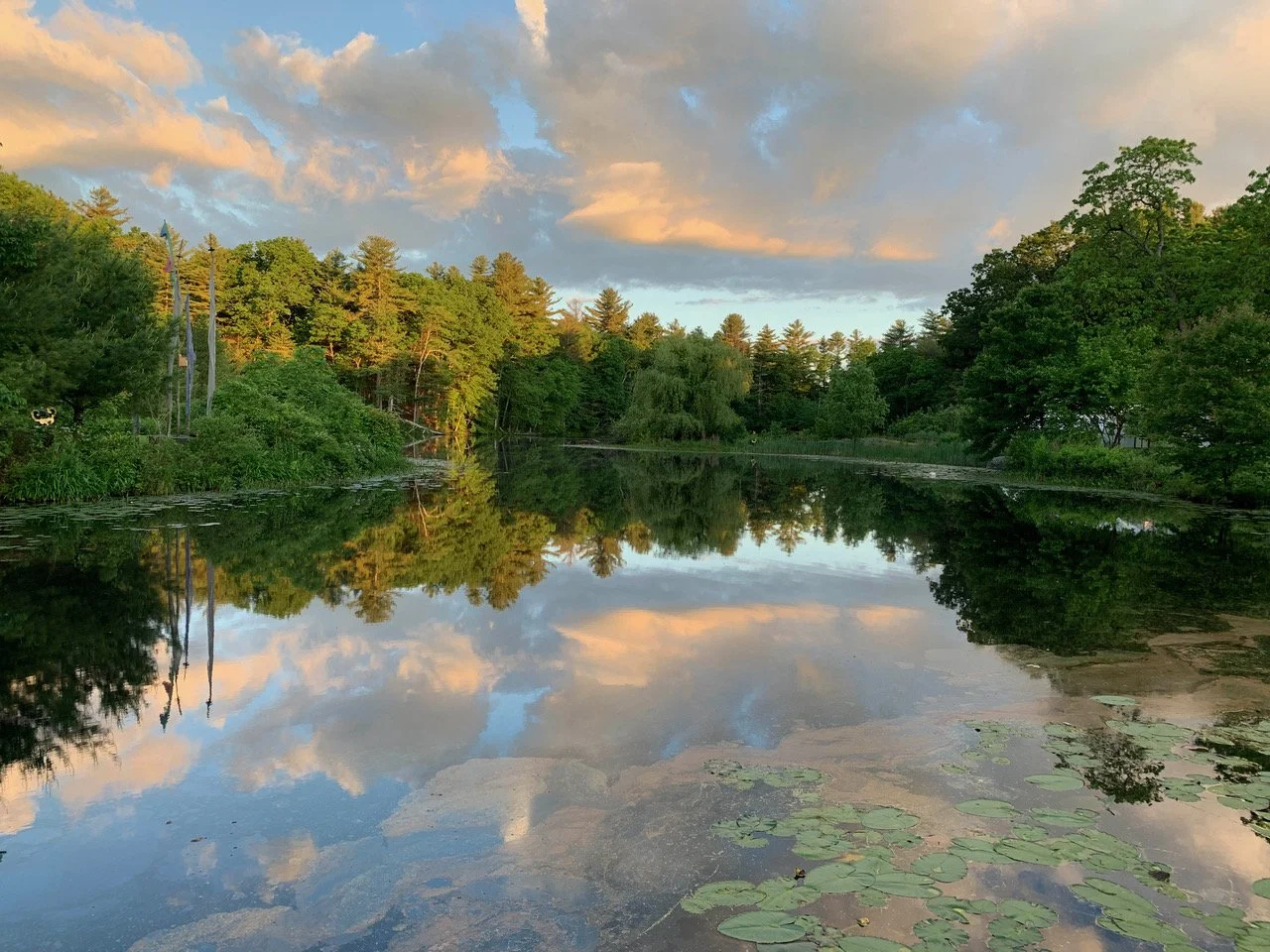November 2016
/The Act of Sweeping
by L. R. Berger
Clay Sculpture, Jane Kaufman
A woman is sweeping her porch
as if life depended on it,
dowsing for counsel
through the press
of an old broom, through
some small sure act
she can be certain
does no harm.
Wind rouses, loosening leaves
from even the stiffest branches,
and sets the tiny
green boat on the bay
rocking like our wavering
scales of justice.
She could be paddling
herself across. Wind
sweeps the porch. A crow
who walked the plank
bobs on one quivering
wrist of pine—
springs off, as if to dive,
but rises.
—from The Unexpected Aviary (Deerbrook Editions, 2003)
L.R.Berger’s collection of poems, The Unexpected Aviary, received the Jane Kenyon Award for Outstanding Book of Poetry. She’s been the grateful recipient of fellowships and support from the National Endowment for the Arts, the PEN New England Discovery Award, the New Hampshire State Council on the Arts, the MacDowell Colony, the Blue Mountain Center, Wellspring, and The American Academy in Rome. With Kamal Boullatta, she assisted in the translation from the Arabic of “Beginnings” by Adonis (Pyramid Atlantic Press). She lives and writes in New Hampshire within earshot of the Contoocook River.

